Burkina Faso
An epidemic of dengue fever, a mosquito-borne disease, claimed 356 lives in Burkina Faso between mid-October and mid-November, bringing the death toll to 570 since January 1, a health ministry official announced on Friday.
From 1 January to 19 November, "123,804 suspected cases (of dengue fever) were notified, including 56,637 probable cases and 570 deaths, with a case-fatality rate of 1%" recorded by the Centre des opérations de réponses aux urgences sanitaires (Corus), said its director, medical biologist Joseph Soubeiga, at a press briefing.
At 15 October, the same source reported 214 deaths since the start of the year. Between 15 October and 19 November, 356 people had died of dengue fever.
Between 13 and 19 November alone, "59 deaths were recorded", added Mr Soubeiga, adding that during the same period, "13,896 suspected cases of dengue fever were reported, including 6,829 probable cases" and "1,101 serious cases hospitalised".
In an attempt to halt the spread of the epidemic, the government has launched an anti-mosquito spraying campaign in the two main towns affected: the capital Ouagadougou (centre) and Bobo-Dioulasso (west). "1,642 homes of patients and neighbouring homes" and "696 public spaces" have been treated, he said.
Burkina Faso has seen cases of dengue fever since the 1960s, but its first recorded epidemic dates back to 2017, with 13 deaths.
Transmitted by the bite of an infected mosquito, like malaria for which it has the same symptoms, dengue fever is a virus that is widespread in hot countries and occurs mainly in urban and semi-urban areas, causing between 100 and 400 million infections every year, according to the World Health Organisation (WHO).
Dengue fever can cause high fever, headaches, nausea, vomiting, muscle pain and, in the most serious cases, haemorrhaging that can lead to death.



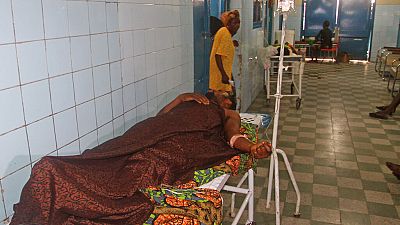

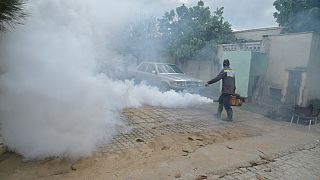
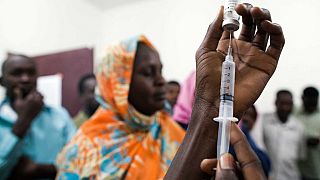
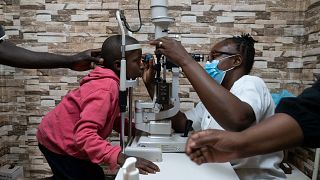
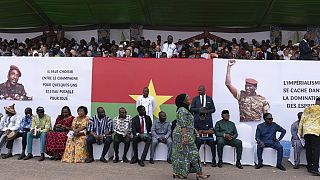




01:11
World leaders express condolences over death of Nigerian ex-president Muhammadu Buhari
Go to video
Ruto's $9M mega church sparks outrage amid Kenya's crisis
Go to video
“I can’t do nuttin’ for ya man”, Nigerian Minister quotes Flavour Flav in rejection of Trump policy
Go to video
U.S. slashes visa duration for some African nationals amid policy shift
02:02
Could AI help fight mosquito-borne diseases?
Go to video
Nigeria snubbed at White House summit, opposition blames Tinubu